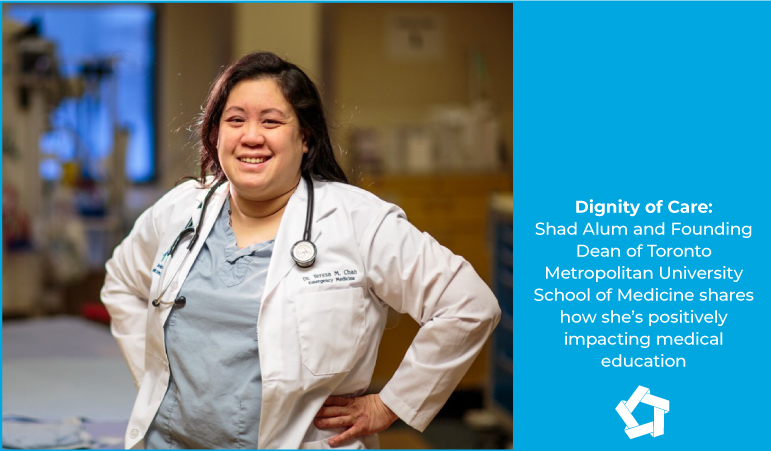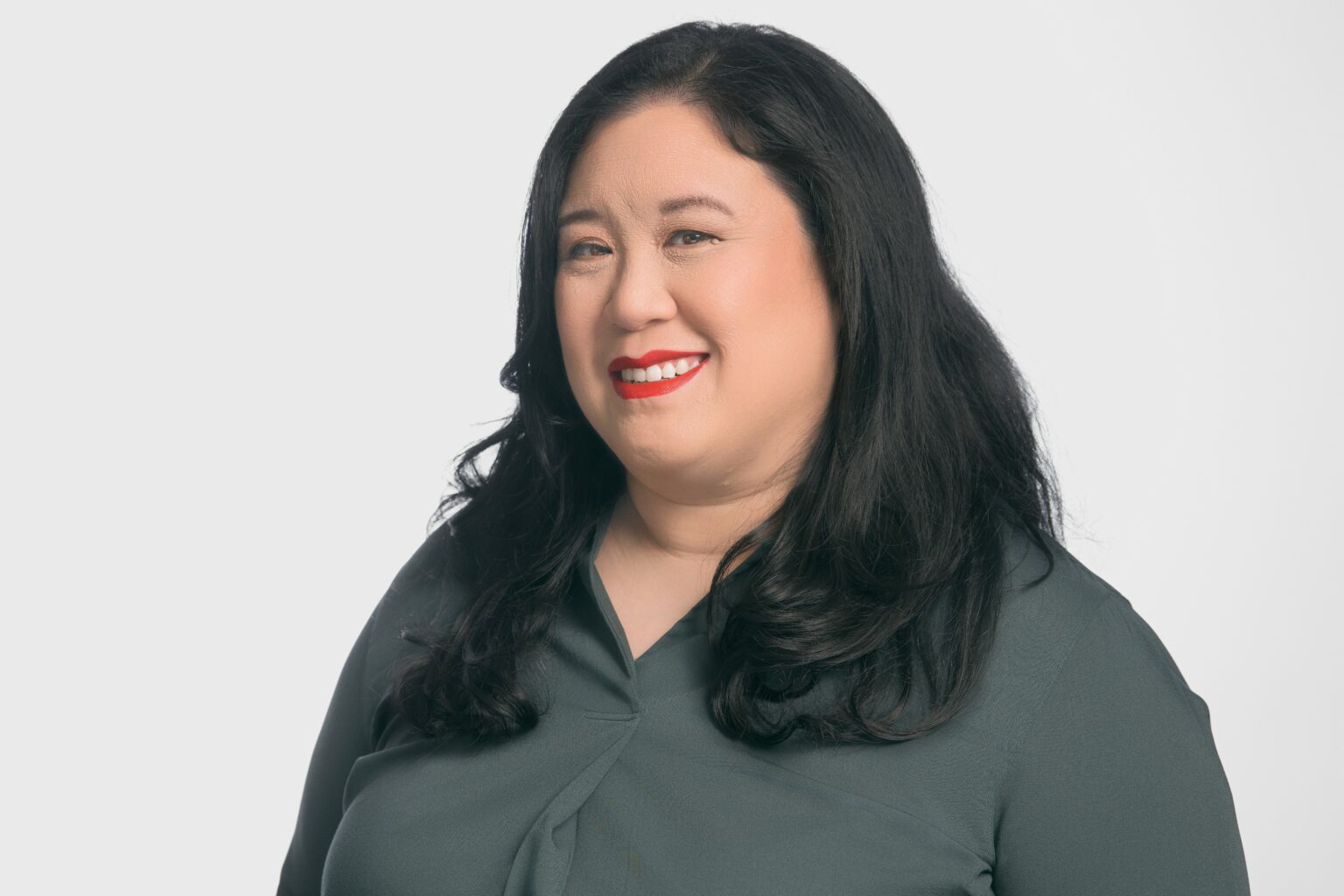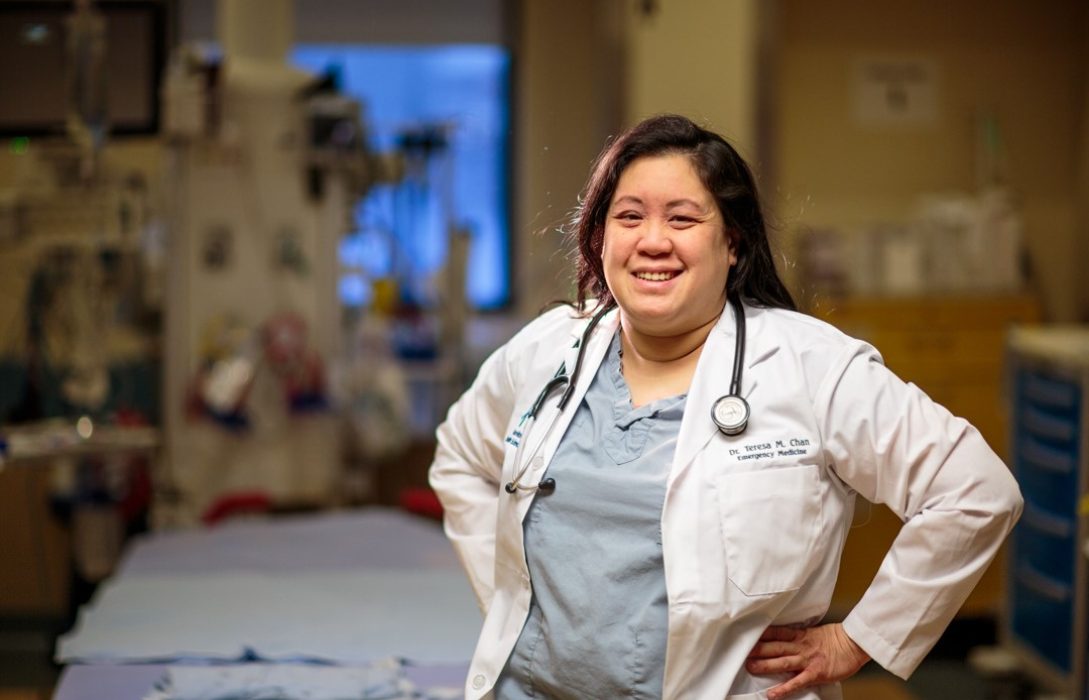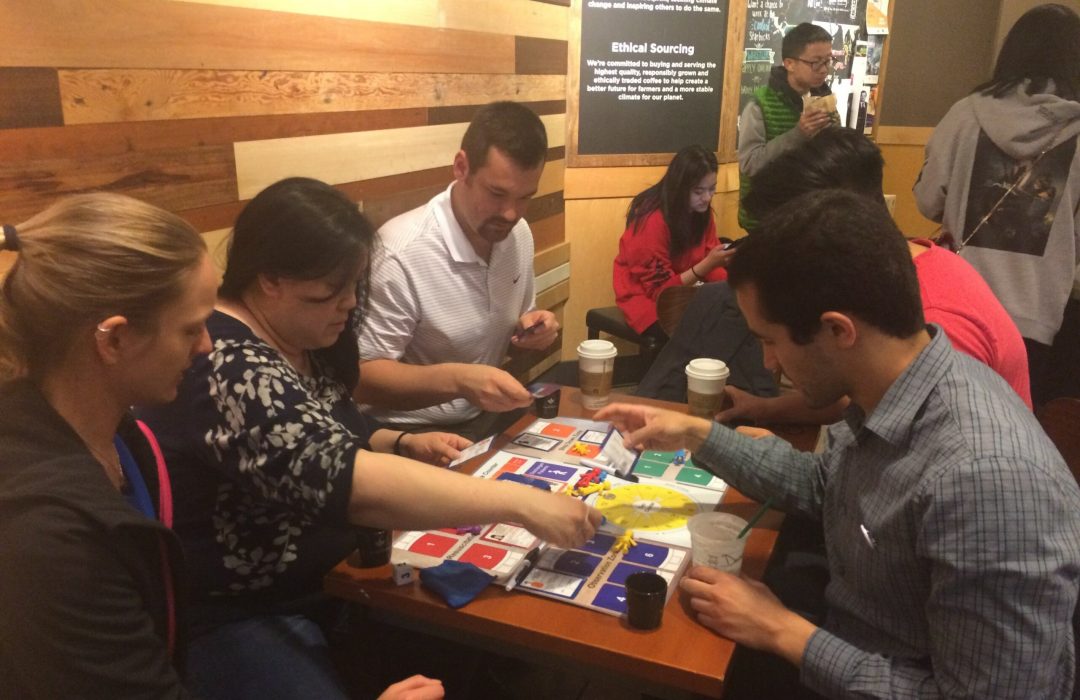
Dignity of Care: Shad Alum and Founding Dean of Toronto Metropolitan University School of Medicine shares how she’s positively impacting medical education
When the opportunity to become the Founding Dean of the Toronto Metropolitan University School of Medicine (TMU SoM) presented itself, Dr. Teresa Chan knew it was a chance to have a real impact by helping to shape how aspiring doctors approach medicine and the patients they serve. As a social justice advocate and proponent of placing human dignity at the centre of patient care, Dr. Chan wanted to build a curriculum and culture at the new medical school that honour a diversity of perspectives and experiences, while fostering a medical ethos centered around integrity, equality, and compassion.

“Taking on this role offered me an opportunity to create something special and do great work, to have an impact. We were building things from scratch, so we were able to make lots of design choices about how the curriculum would be run and how we were going to set up policy and create a culture that reflects the University’s commitment to social justice and equity.”
The importance of having an impact is something Dr. Chan took away from her summer at Shad in 1998. She had chosen to attend the program because she wanted to meet other students like her who loved science and math, and to learn how to solve big problems in ways that can promote lasting positive change.
“The Shad experience was really about opening our eyes to the many ways of thinking about science and how it integrates, and that was very revealing to me. We learned so many creative ways of looking at things and problem solving that still really resonate with me today.”
Though Dr. Chan had always loved science and was excited to delve into the different STEM workshops, it was the business-oriented lessons at Shad that impacted her in ways she hadn’t anticipated. The intersection of science and business is something she continues to experience through her administrative duties as the Dean of TMU SoM.
“Some of the business-oriented work we did at Shad really made an impression on me because I understood at the time that that could be important later in my career. The entrepreneurial aspects of the program are very useful and continue to be relevant.”

After completing her Bachelor of Science at the University of Toronto, Dr. Chan decided to pursue teaching and completed her Bachelor of Education at the Ontario Institute for Studies in Education. She has always enjoyed helping others to discover their own academic passions and nurturing the curiosity that is the foundation of innovative thinking.
“I love seeing people’s eyes light up when they see the connection or watching someone learn to do something that they couldn’t do before. It’s really exciting.”
This love of teaching prompted her to pursue her medical degree at Western University. She felt that in order to be the best teacher she could be, she needed to expand her own knowledge base. Pursuing academic medicine has given her the best of both worlds, allowing her to practice clinical medicine while also teaching the next generation what she’s learned. She is an advocate of game-based medical learning and was a leading member of the team that developed the educational board game, GridlockED.

“Ultimately, the best part of teaching is helping people do amazing work that can really have an impact outside of themselves, like seeing someone I once taught to suture become a surgeon years later and help people during really difficult moments. That’s the part I most enjoy.”
As a leader in education who has made significant research contributions, authoring over 200 peer-reviewed publications, Dr. Chan has championed innovative approaches to medical education and believes in empowering the next generation in ways that facilitate continued progress. This includes her status as a female in a leadership role that has historically been male dominated, helping young women to see that they belong at every level of the professional ladder.
“As I moved into leadership roles, I found myself less and less surrounded by women. It would be really nice for us to figure out how we might better encourage women to apply for roles that historically have not been filled by women due to social and cultural demands and biases. It’s about cultivating a collective belief that though a female pattern of leadership might look different, it’s not wrong or undesirable. There are many ways to lead successfully.”
She sees positive movement in this direction, as four of the seven medical schools in Ontario are currently led by women. Dr. Chan hopes that through her leadership at TMU SoM she can help to create a culture that works to dismantle some of the societal norms that can serve as barriers to equality.
“Women still face systemic barriers to occupying leadership roles in all industries. Women are still the primary providers of childcare and eldercare and still do much of the domestic work, which of course places demands on them that hinder their ability to progress professionally.”
She is grateful for programs like Shad that offer opportunities for young people to engage with a diversity of role models, which can go a long way in helping them to see themselves in a multitude of roles in a range of fields. “Meeting role models is vital to youth understanding that pursuing certain streams is not unusual, that there is room for them wherever they decide they’d like to go.”
As she continues her journey at the helm of TMU SoM, her focus remains on lifting others up through the promotion of teaching and clinical practices that create space for everyone to show up fully and be treated with care and dignity. For her, this includes acknowledging and appreciating the value that every individual brings to an organization, not just those at the top.
“I think we need to celebrate and highlight people as best we can, people doing the work at the ground level and up and down the ladder, not just those at the top or those winning awards. There are people doing important work in the community every day in so many diverse ways that can and should be celebrated and it’s important that we recognize that.”


